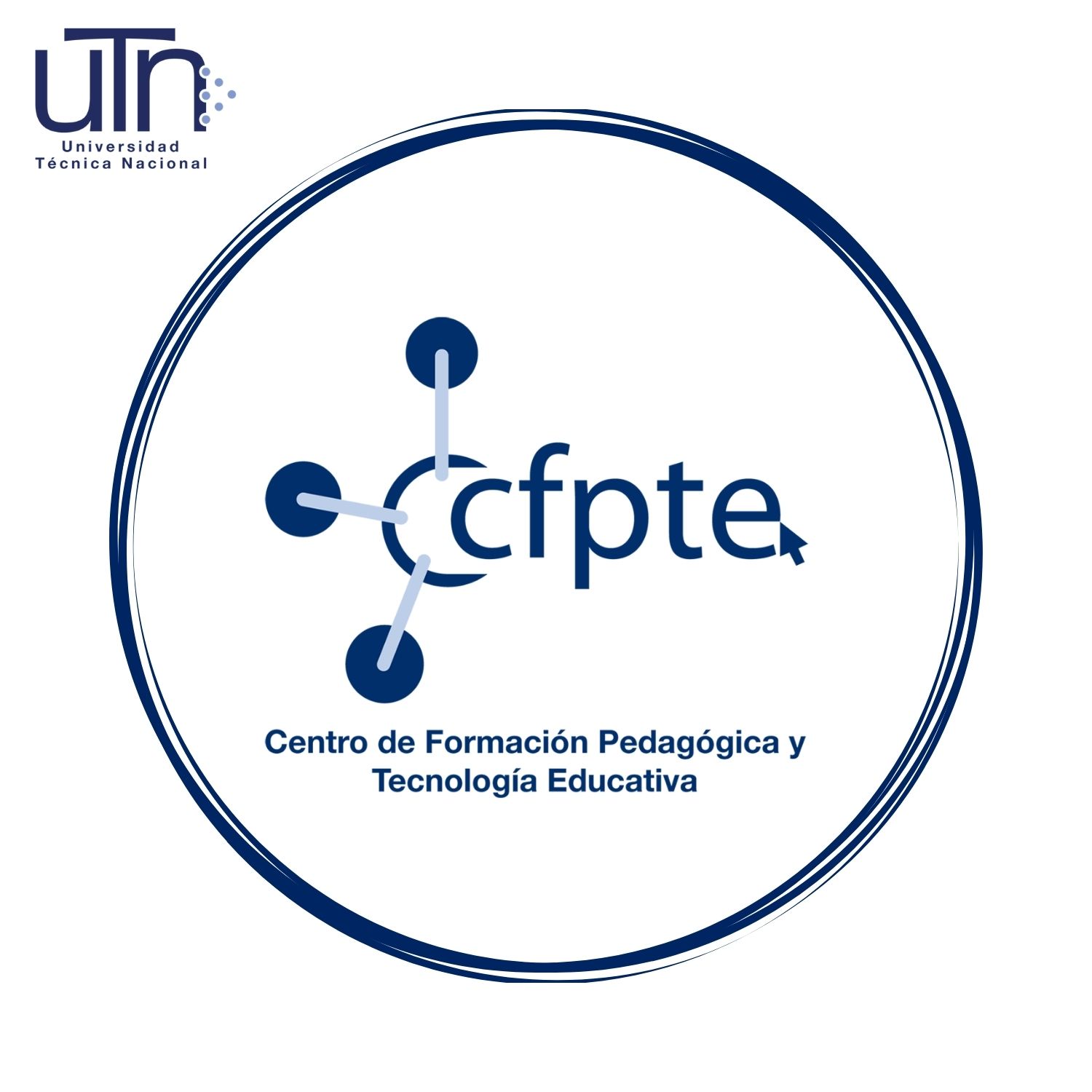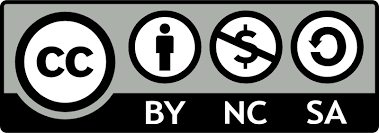Class consciousness, inverted consciousness, ideology and political realism: basic principles to understand political relationships and the position of power elites when negotiating
DOI:
https://doi.org/10.47633/3exxpp83Keywords:
Social Consciousness, Technical Education, Political Philosophy, Political Realism, Theory of IdeologiesAbstract
This academic essay aims to reflect on the difference between class consciousness and inverted consciousness. From this perspective, one can determine scientific or ideological thinking. It is important to discuss social consciousness, political ideology, and political realism, based on Costa Rican political and union circumstances. The methodology is a bibliographic review and critical reflection, the product of two creative activities carried out within the framework of the 60th Anniversary of the Union of Medical Science Professionals of Central America (SIPROCIMECA). The main conclusions were that ideological dominance seeks to make people have an inverted consciousness of reality, not a class consciousness, so that they defend the interests of the antagonistic class rather than their own interests. This is fundamental for elites who base their political relations on political realism. To the extent that the people lack a class consciousness capable of unifying them and acting according to their own interests, which represents a danger to the interests of the elites, the latter will not negotiate with the people or grant them better material and intellectual conditions to satisfy their own needs.
Downloads
References
Adorno, T. (1969). La sociedad. Lecciones de sociología. Editorial Proteo
Agustín. (2009) La ciudad de Dios. Biblioteca de Autores Cristianos
Anojín, P. (1987). Psicología y la Filosofía de la Ciencia. Editorial Trillas.
Arendt, H. (1997). ¿Qué es la política? Paidós
Aristóteles. (1995). Física. (Trad. Guillermo R de Echandía). Gredós
Copi, I., & Cohen, C. (2007). Introducción a la Lógica. Limusa
Fernández, A. (1979). La conciencia. Editorial Trillas
Gramsci, A. (1977). Antología. Siglo XXI
Habermas, J. (1882). Conciencia e Interés. Taurus
Lasswell, H., & Kaplan, A. (1950). Power and Society. Framework for Political Inquiry. New Haven Press.
Locke, J. (1988). Two Treatises on Government. Cambridge University Press
Luckas, G. (2013). Historia y conciencia de clase. CEICS Ediciones.
Lutero, M., & Calvino, J. (1991). Luther and Calvin. On secular authority. Cambridge
Maquiavelo, N. (2010). El Príncipe. Alianza Editorial
Marx, K. (1981). El Capital (Tomo 1). Editorial Ciencias Sociales
Marx, K., & Engels, F. (1989). Contribución a la crítica de la economía política. Editorial Progreso
Platón, (1985). Diálogos I. Gredós
Platón, (1988). Diálogos III. Gredós
Retana Céspedes, J. M. (2020). Cortocircuito económico en Costa Rica durante el siglo XXI. Revista Rupturas, 10(1), 45–72. https://doi.org/10.22458/rr.v10i1.2750
Saussure, F. (1993). Curso de lingüística general. Alianza Editorial
Schmitt, K. (1985). La dictadura. Alianza Editorial.
Smith, A. (2003). The Wealth of Nations. Bantam Classics
Vithoulkas, G., & Muresanu, D. F. (2014). Conscience and consciousness: a definition. Journal of medicine and life, 7(1), 104–108.
Downloads
Published
Issue
Section
License
Copyright (c) 2025 Esteban Paniagua Vega

This work is licensed under a Creative Commons Attribution-NonCommercial-ShareAlike 4.0 International License.
All articles in the Revista Académica Arjé are published under the Creative Commons Attribution-NonCommercial-ShareAlike 4.0 International License (CC BY-NC-SA 4.0).
This means that:
-
Attribution: Proper credit must be given to the original authors, a link to the license must be included, and any changes made must be indicated.
-
NonCommercial: The material may not be used for commercial purposes.
-
ShareAlike: If the work is adapted or remixed, the resulting version must be distributed under the same license.
More information at: https://creativecommons.org/licenses/by-nc-sa/4.0/deed.en










